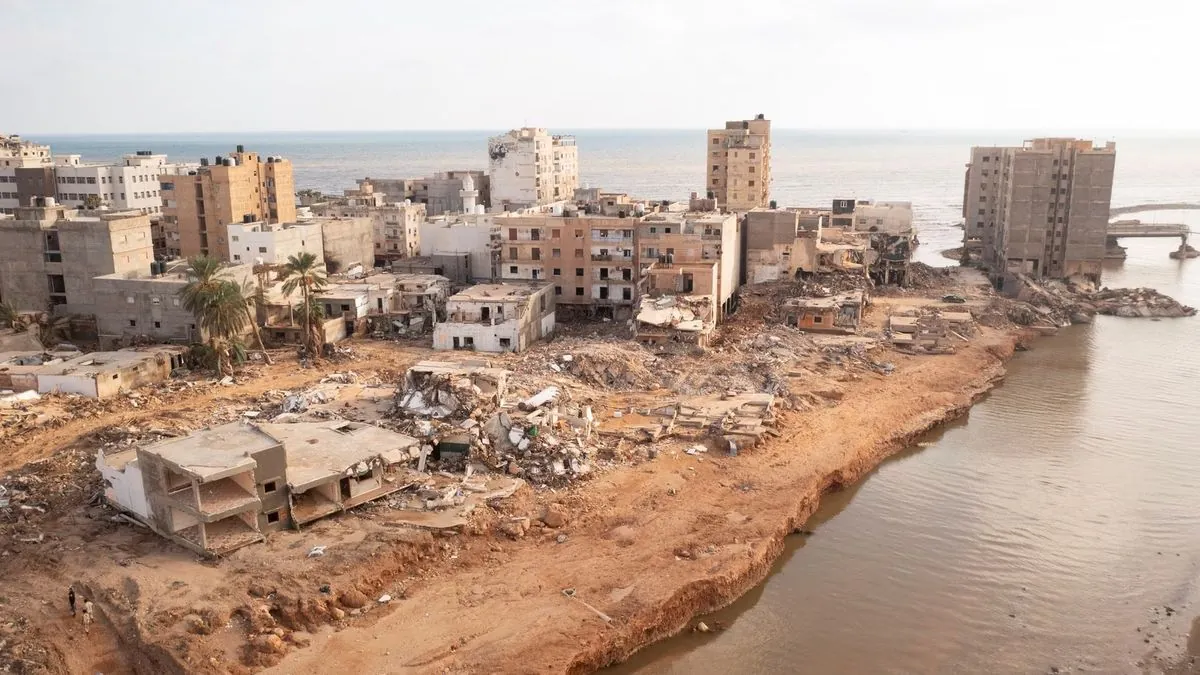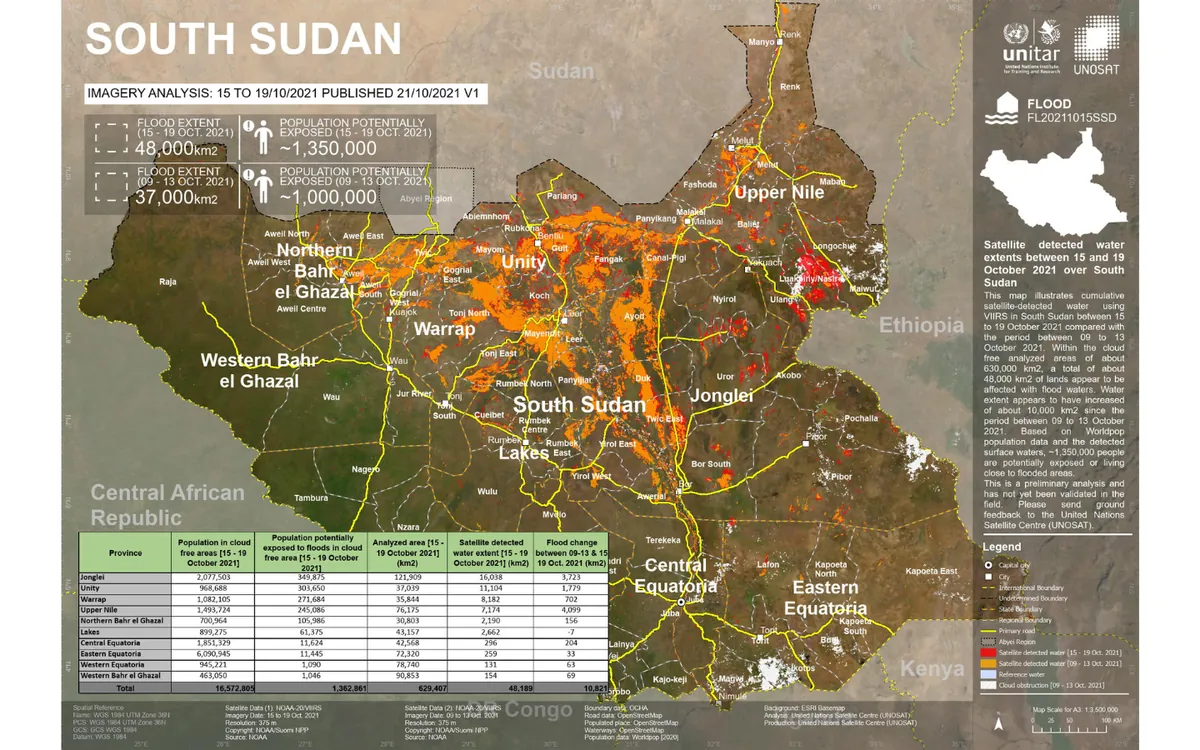Sudan Dam Collapse Exacerbates Humanitarian Crisis Amid Ongoing Conflict
A dam collapse in Sudan's Red Sea state has led to widespread destruction and numerous missing persons. This disaster compounds the nation's existing humanitarian crisis, stemming from civil war and climate challenges.

In a devastating turn of events, the Arbaat dam in Sudan's eastern Red Sea state collapsed over the weekend, causing widespread destruction and leaving dozens missing. This incident has further exacerbated the humanitarian crisis in the country, which is already grappling with a protracted civil conflict and severe climate-related challenges.
The dam, located approximately 40 kilometers north of Port Sudan, failed following months of heavy seasonal rainfall. This collapse has resulted in the destruction of villages, homes, and vehicles in the surrounding areas. Local media reports suggest that around 100 individuals are currently unaccounted for, with at least four confirmed fatalities according to Sudan's Health Ministry.
Rescue efforts are underway, with resources being deployed to assist those stranded by the floodwaters. However, the challenging terrain may necessitate helicopter evacuations for some affected individuals who have sought refuge in mountainous regions.

This disaster occurs against the backdrop of Sudan's ongoing 16-month civil war between rival factions of the military government. The conflict, which began in April 2023, has led to the world's largest hunger and internal displacement crisis. According to the United Nations Refugee Agency, approximately 25 million Sudanese citizens – half of the country's population – require humanitarian assistance and protection.
The situation is further complicated by Sudan's unique geographical and climatic conditions. As the third-largest country in Africa by area, Sudan experiences a rainy season from June to September, which often leads to flooding. This year, the UN Office for the Coordination of Humanitarian Affairs (OCHA) reports that an estimated 317,000 people across Sudan have been affected by heavy rains since June 2024, with 118,000 displaced.
"Thousands are bearing the brunt of an incredibly dire humanitarian situation after more than a year of deadly war that has now led to the tragedy of famine conditions, all compounded by the growing impacts of climate change."
The recent flooding has not only hindered the delivery of crucial aid but has also led to unexpected challenges such as widespread scorpion and snake infestations, particularly in the Northern and River Nile states. A shortage of venom serum has increased the risks to affected communities.
Sudan's complex history and diverse geography contribute to its current challenges. The country, which gained independence in 1956, has faced multiple civil conflicts throughout its history. Its economy heavily relies on agriculture and oil exports, making it particularly vulnerable to climate-related disruptions.
The collapse of the Arbaat dam, which had a capacity of 25 million cubic meters and supplied drinking water to the Red Sea city, highlights the fragility of Sudan's infrastructure in the face of extreme weather events. This incident, combined with the ongoing civil war and humanitarian crisis, underscores the urgent need for international support and comprehensive solutions to address Sudan's multifaceted challenges.
As rescue efforts continue and the full extent of the dam collapse's impact becomes clear, the international community must remain vigilant in its support for Sudan. The country's rich cultural heritage, diverse ecosystems, and resilient population deserve a chance at stability and prosperity, free from the compounded threats of conflict, climate change, and infrastructure failures.


































